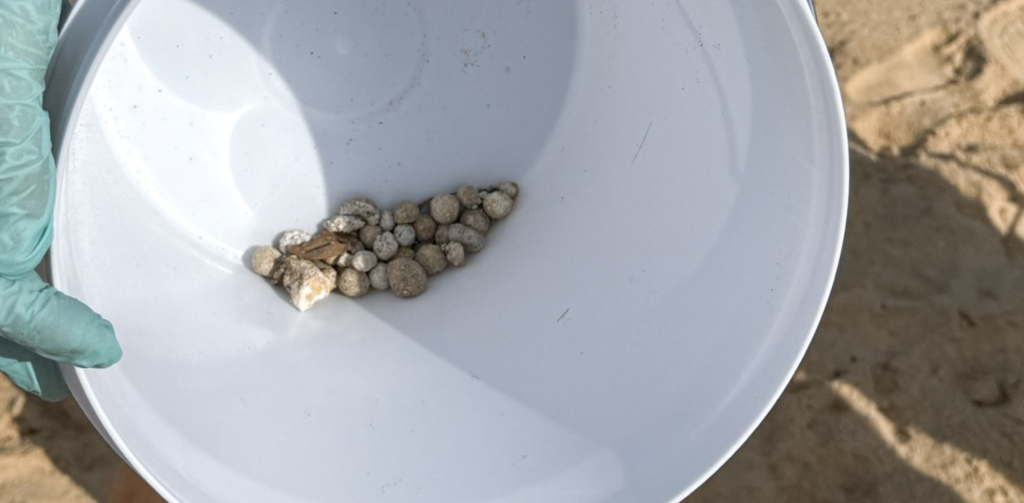Nine popular beaches, including Manly and Dee Why, were shut down on January 14.
Others are reading now
Warm, sunny days spent on golden sands with the sound of crashing waves are what many people picture when they think of a perfect beach outing.
Beaches offer an escape from the stresses of daily life and a chance to enjoy the beauty of the natural world.
But sometimes, even these serene spots can face unexpected challenges that disrupt their peaceful charm.
Several popular beaches in Sydney, including Manly and Dee Why, were closed recently due to the sudden appearance of mysterious small balls washing ashore.
Also read
Nine Beaches Shut Down
Now the Northern Beaches Council confirms that the balls contained saturated acids, E. coli, and fecal bacteria.
Samples were sent to the New South Wales Environment Protection Authority (EPA) for further analysis, according to Digi24.
Nine popular beaches, including Manly and Dee Why, were shut down on January 14 as the small, spherical objects began appearing along the shoreline.
This incident comes months after black spots were discovered on Sydney’s coasts in October, leading to temporary closures and cleanup operations.
The latest debris was cleared from harbor beaches earlier this week, but the council has urged the public not to touch the balls and to report any sightings to authorities.
Mayor Sue Heins expressed hope that EPA testing would determine the source of the contamination to prevent future incidents on other beaches.
“These inspections remain ongoing,” Heins stated, “and we encourage the community to continue reporting unusual findings.”
Initial analysis revealed the balls also contained volcanic pumice alongside harmful substances.
The October incident, initially mislabeled as “tar balls,” turned out to include a mix of cooking oil, soap molecules, blood pressure medication, pesticides, hair, methamphetamine, and veterinary drugs.
Scientists suggested that the earlier findings resembled “fatbergs” — congealed masses of fat, oil, and grease commonly found in sewer systems.
Despite concerns, Sydney Water reported no issues with the city’s waste systems, maintaining that water treatment plants were functioning normally.
Efforts to monitor and manage the problem continue, with environmentalists and officials committed to protecting Sydney’s beaches from further contamination.
The council’s focus remains on identifying the cause and safeguarding the coastline.




